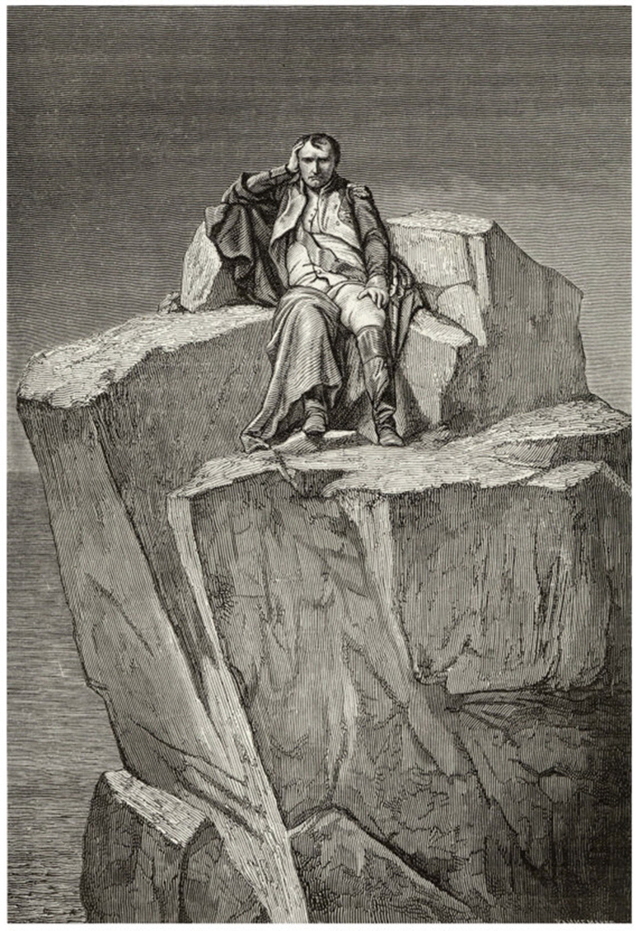Earlier this week at Public Discourse I wrote an essay on the dangers of individualism and collectivism, illustrated with literary samples from C.S. Lewis and Madeleine L’Engle respectively.
Thinking more about A Wrinkle in Time (I have not seen the film, and may not ever, based on the reactions I have seen thus far), it strikes me that L’Engle not only diagnoses the dangers of collectivism and vividly portrays them in the diabolical IT, but she also rightly identifies perhaps the key antidote to such social pathologies: love. This is not the abstract love that leads cosmopolitans to sacrifice people for the sake of ‘humanity,’ but rather the concrete love that comes to reality and expression in the midst of community. Meg’s love is manifest in the community of persons she knows as her family. She is who she is as an individual person to a large extent because of her relationships with her mother, and father, and brothers. It is her love for Charles Wallace that allows her to save him from IT, and her love for her father that leads her to cross time and space to find him. Maybe love is a kind of tesseract, bringing two people (rather than points) together who are otherwise separated by time, space, and perhaps more, sin and alienation.
So we can think of the family as a fundamental reality upon which inhuman and unreal ideologies are broken. This is perhaps why those ideologies seek in their own ways to undermine the family…because it represents a fundamental bulwark against tyranny. Like other institutions it is not untainted by sin in this fallen world, and we can all think of examples of horrible abuse and sinfulness in the context of families. These ought to sober us and prevent us from creating yet another idol of the family and deriving a false ideology from it. But even these corruptions testify to the underlying truth about the family, which Herman Bavinck called, “the foundation of all of civilized society. The authority of the father, the love of the mother, and the obedience of the child form in their unity the threefold cord that binds together and sustains all relationships within human society.”
And at least now we know a bit more of what Napoleon’s hell on earth involved, separated from friends and family…making up his own individual version of English!
